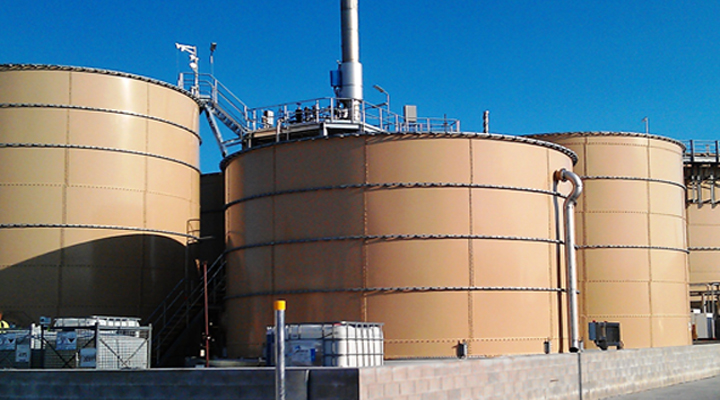{{item.orderingCode}}
Qty:
{{currencySymbol}}{{item.pricing.totalPrice | intlNumber('en-EN','USD')}}

